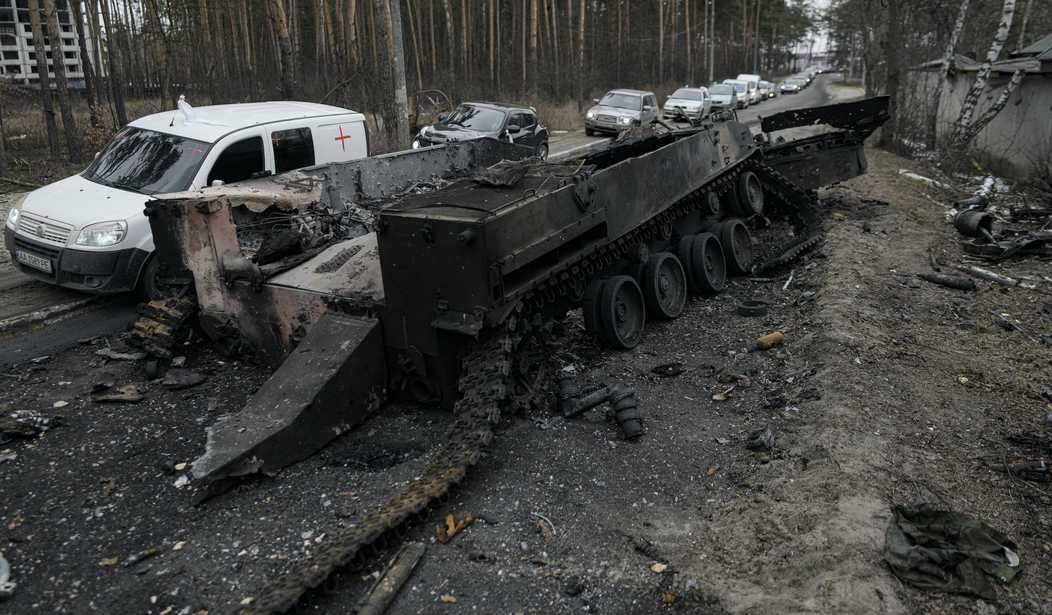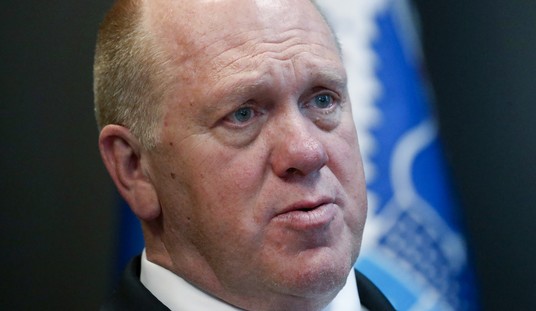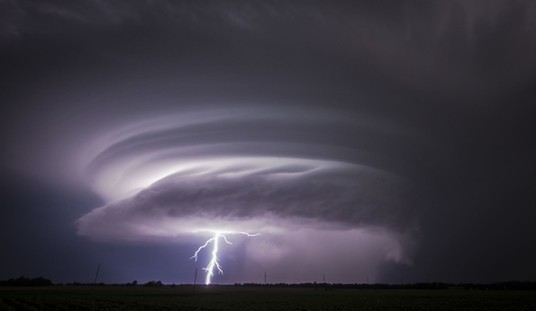Towards the end of March, at a point where Putin’s War seemed to be unraveling, but some of us were still having trouble coming to grips with the abysmal performance of the Russian armed forces, an amusing story hit the internet. Some 300 South Ossetian soldiers who had volunteered to give their lives fighting in Ukraine for their country’s Russian puppeteer showed back up home. They had walked and hitchhiked some 500 as-the-crow-flies miles back home from the battlefield.
I don’t know that Putin was humiliated or capable of feeling that emotion, but his military chiefs had made a big show of all the loyal friends of Russia showing up to kill the nasty nazis in Ukraine. So 300 of them legging it home was, at least, untoward. It raised some eyebrows at home, too.
The former president of South Ossetia called not to draw hasty conclusions and not to accuse the guys of desertion, but to carefully investigate the situation when soldiers are sent to combat operations without full outfit and stocks of weapons,
— Alik Puhati (@rajdianos) March 30, 2022
Returned soldiers on the border of Russia and South Ossetia. They hitchhiked home. pic.twitter.com/gISBRqwXZ9
— Alik Puhati (@rajdianos) March 30, 2022
A member of the South Ossetian parliament supported the soldiers who returned to Ossetia from a special operation in Ukraine. In his words no one has the right to accuse our soldiers of cowardice. pic.twitter.com/OS3SxTsN2L
— Alik Puhati (@rajdianos) April 1, 2022
He is sure that now we must find out who is guilty of sending our guys to combat operations without necessary ammunition, condemning them to death.
— Alik Puhati (@rajdianos) April 1, 2022
More information on that debacle was made available today in an interview South Ossetian President Anatoly Bibilov had with the “deserters.”
What ensues is an Airing of Grievances worthy of any Festivus Celebration.
Bibilov asked the assembled soldiers to tell him what happened. If you’ve ever been a commander and seen soldiers given the opportunity to tell higher authority all the things that went wrong, you know how this movie ends.
This is really remarkable. Soldiers from South Ossetia openly stating that the complete chaos and incompetence of the Russian command in Ukraine led them to desert and return home. They say huge amounts of equipment simply do not work. https://t.co/yXYygYGLIl pic.twitter.com/7cZpUG7Ia1
— Neil Hauer (@NeilPHauer) May 4, 2022
Finally, Bibilov has had enough and tells the troops to suck it up, then real communication begins. The president and the troops get into a shouting match.
Bibilov tries to calm the military:
“You know better than me that wars are not always won by technology. There are people here who fought in 2008, and they did not have equipment. If there were grenade launchers, then two or three. For example, I didn’t like your speech, ”he turns to the refusenik, who said that they were sent to fight not for their homeland. – If something happened here, in our Ossetia, and if you were there, I will tell you: you are not a strategist, you are not a tactician, and there are people who think about Ossetia. This question in your head should not arise at all.
The hall began to scream. Someone reminded Bibilov of the death of Inal Dzhabiev, a resident of South Ossetia — in August 2020, he died on his way to the hospital from a temporary detention facility. Dzhabiev’s relatives are sure that he died due to torture during interrogation.
– When the Dzhabievs were sitting on the square, why didn’t you go out to them? Where were you then? – a question is heard from the audience.
— Have you done a lot for Dzhabiev? Bibilov shouts back and slams his hand on the table. “Do you know what happened to him?” Cover your mouth a little! What jumped up? Did you even know him? Did you know him?
Then the head of the republic recalls that for the sake of South Ossetia “many people died – Russians and other different nationalities”: “And now you are telling me that if something happened here, in Ossetia, we would be left alone? If these fascists, Nazis appear in Ukraine, don’t you think that they will be here on the second day, in Ossetia?”
Bibilov notes that Ossetia will be the first “to come to an end” if “Russia stumbles”: “Know that we are fighting there, but we are defending our homeland.”
“We should have stayed there,” he scolds the soldier. Agree or disagree, we had to do everything to stay there. Understand correctly, no matter what reasons we find, in war the concepts are different. Do you think I don’t know that there is no equipment there, that there are bad weapons? Everyone understands this, everyone will understand this. To say that I blame you – no, but we should have stayed there.
According to Bibilov, he himself planned to come to the front, and the servicemen had to wait for his arrival.
Someone in the hall notes that no one informed them about Bibilov’s arrival. “I called Radik, probably, he could not tell everyone separately,” the head of the republic says to this.
[If you are using Google Chrome, right-click and select “Translate to English.”]
While this is amusing, it points to a significant problem brewing inside the Russian armed forces. By the evidence we see in the field in Ukraine, the Russian armed forces are not structured for resilience in combat.
Over the last two months, numerous stories have been circulating about endemic desertion, defection, combat refusal, and worse (Report: What Russians Did to Their Commander Shows How Much Trouble They’re In) in the Russian armed forces involved in Putin’s War.
The US also has indications that Russian officers are “frustrated with their troops’ performance, frustrated with their colleagues’ performance,” said the official.
— Barbara Starr (@barbarastarrcnn) April 13, 2022
The problems are sufficiently severe that Russia is reported to be falling back on a tried-and-true method of preventing desertion.
Putin sends in 'execution squads' to kill Russian deserters https://t.co/LmHD1Fe9MR
— Daily Mail Online (@MailOnline) March 23, 2022
It is reported that one of Putin’s favorite auxiliary forces, Chechen thugs personally loyal to Chechen President Ramzan Kadyrov, were the spark that set off a firefight between Russian units because they served as the enforcers to keep other troops from retreating and used that opportunity to pick over the loot the attacking troops have to leave behind.
[2] Allegedly, the revolted #Buriat soldiers of the Russian military were angry and frustrated that #Kadyrovites Chechens didn't fight along with them, but threatened to kill Buriats in case they retreat from the battlefield. Source: Intel Dept of Ukraine MoD.
— Victor Kovalenko (@MrKovalenko) April 29, 2022
[3] Moreover, the #Buryat of the #Russian military soldiers fired at fellow #Kadyrovites because they appropriate most of the staff Buryat soldiers robbed from the locals and stole from abandoned houses of #Ukrainians. Source: Intelligence Dept of Ukraine MoD.
— Victor Kovalenko (@MrKovalenko) April 29, 2022
The Buryat are a Mongolian people. The Chechens are not.
Reports coming in about a shootout between Russian forces in Kiselivka, in the Kherson region.
50 Buryats started shooting against 50 Chechens after the Chechens stole goods that the Buryats had looted from Ukrainian homes.
Killed & injured on both sides before FSB intervened. pic.twitter.com/xJEYDDRWMz
— Visegrád 24 (@visegrad24) April 29, 2022
Using one ethnic minority to keep other minorities in line is hardly a new idea, but it is hardly conducive to morale. (As an aside, a guy in my fencing club in Chicago was a Jewish “refusenik” who was permitted to immigrate thanks to Reagan and a Red Army veteran. He’d been stationed on the Amur River during one of the many border crises between the USSR and CCP. He told me that sporadic firefights between ethnic groups in the Red Army were commonplace.)
This brings up another problem within the Russian military. It is largely composed of Central Asian ethnic groups.
That’s why Russian army is increasingly turning into the army of minorities. Yes, it has always been the army of country folk. But in the past they were mostly ethnic Russian. Nowadays however, there is not so much youth left in ethnic Russian countryside pic.twitter.com/GxTzB0DK1I
— Kamil Galeev (@kamilkazani) March 23, 2022
5. It’s time to start talking with minority POWs, check their views and recruit those who could potentially change sides. Russian army heavily relies on minorities as cannon fodder. You know which region drafted the most people in Central Military District in 2021? Bashkortostan pic.twitter.com/sHvxheMg2a
— Kamil Galeev (@kamilkazani) March 28, 2022
Most of dead 🇷🇺 soldiers are servicemen from poor regions, highest losses come from 2 Russian republics Dagestan and Buryatia. There, average salary is just over 20k rubles a month (~EUR 220). St. Petersburg & Moscow are all but absent among KIA https://t.co/wOzLHBRm6F pic.twitter.com/K8s1vvXNRm
— Euromaidan Press (@EuromaidanPress) April 26, 2022
The ethnic Russians in the military mainly were recruited from orphanages (orphans are evicted upon reaching the age of 18 and are not given any sort of support) or from those on the fringe of society and in economically depressed areas. So Putin’s War has its own grim echoes of “It’s a rich man’s war and a poor man’s fight.”
I’ve posted before on how Putin’s armed forces are structured (Russia Calling 100,000 Reservists to Active Duty and Moving Wagner Group From Syria to Deal With Ukraine Manpower Crunch). With the break up of the USSR, Russia no longer had access to virtually unlimited manpower supplied by Belarus, Ukraine, and other now-independent nations. It attempted to create a hybrid of the traditional Russian military where soldiers are cannon fodder with a professional Western military, including a professional corps of noncommissioned officers. They gave up on the noncommissioned officer experiment about 20 years ago and rely on commissioned officers to do all leadership and management tasks. To make matters worse, they created a system where conscript soldiers can’t legally be sent to combat without an official proclamation (they are, but that is stereotypical Russian scoffing at the rule of law at work), but the “professional” contract soldiers can quit at any time unless there is a declaration of martial law.
The problem is that the Russian armed forces are neither those of the USSR nor the West.
Many either leave their jobs or refuse to go to war. According to Russian media, dozens or hundreds of Krasnodar OMON, Crimean marines, Pskov airborne, soldiers from South Ossetia, Hakas National Guard refused to fight. Watch a dialogue of a National Guard boss with his fighters: pic.twitter.com/ZkLO4hXesX
— Kamil Galeev (@kamilkazani) May 4, 2022
Some commanders try to destroy the record of the military who quit, putting a special notes or stamps into their military IDs (военный билет), personnel files, etc. That however has little effect on your future unless you plan to work for the state. Besides, you can sue them pic.twitter.com/c7Zkl7YC4g
— Kamil Galeev (@kamilkazani) May 4, 2022
Those troops who already departed to war and were later returned, refused to go again. For example, after the VDV were massacred in Ukraine, around 100 airborne from Pskov who were returned home from Belarus, refused to go to the war again https://t.co/hv7tg0LI0w
— Kamil Galeev (@kamilkazani) May 4, 2022
Inside the armed forces, discipline is not maintained by leadership. In combat, effective leadership and primary group bonding keep units in the fight. Inside the Russian military, units are held together by the practice of brutal hazing called dedovshchina. The victimizers are the very leaders the victims will be expected to follow into battle.
but what about these poor souls?
nope, still russian dedovschina. is putin forcing them to do this? or is it just a sick fucking russian society that uses violence for violence sake with no regards to human dignity or well-being? pic.twitter.com/NxOWk7N3kn— Дід мілаш (@die_bitches_die) March 30, 2022
My assessment is that the structure and nature of the Russian armed forces indicate that Putin’s War is not sustainable. Russia committed nearly 80% of its combat battalions to the invasion of Ukraine. There is no reserve force to allow the rotation of units out of the line, so the units in combat must fight until combat is ineffective. The units expected to create a breakthrough and victory in Donbas and other areas of operation have been in nearly continuous combat for about 70 days. It hasn’t been an easy 70 days; losses in manpower and equipment have been massive. The next battles will be more brutal as Ukraine achieves a quantitative (Ukraine Now Has More Tanks Than Russia and Things Look Worse in the Future) and qualitative (US Artillery Delivered to Ukraine Is More Than Guns, It Is a Game-Winning Change From the Present) superiority in weaponry. From all we know about men in combat, the totality of the circumstances puts the Russian armed forces very near the breaking point.














Join the conversation as a VIP Member